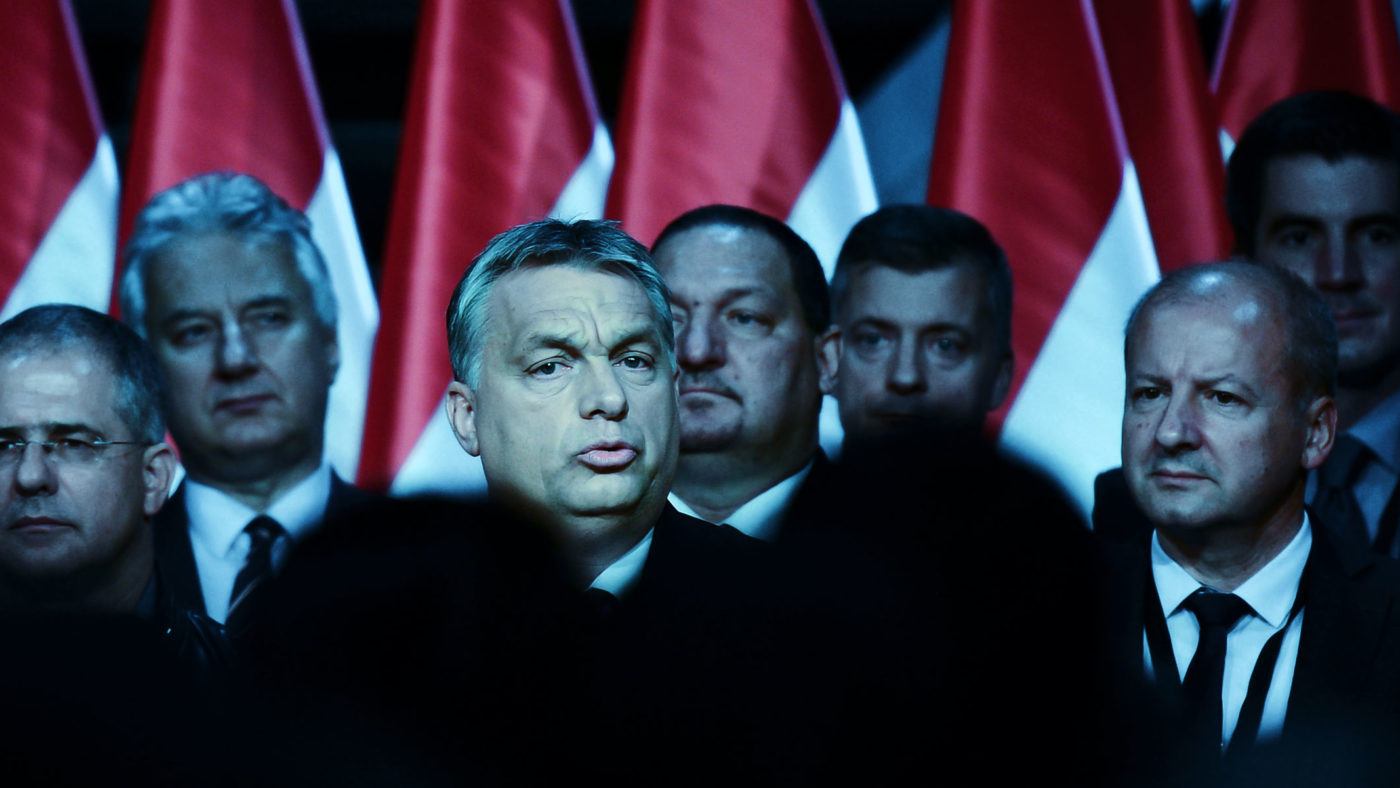On Sunday, the vast majority of those Hungarians who showed up at the polls said “no” to the question of whether “the European Union should have the power to impose the compulsory relocation of non-Hungarian citizens to Hungary without the consent of the National Assembly of Hungary”. Yet with a turnout well below 50 per cent, the controversial vote is invalid.
Described as “the last chance to stop immigration”, by the prime minister’s chief of staff, the referendum was little but a gimmick from the start. Hungary’s constitution stipulates that referendums can cover only matters of Hungarian law, and not obligations arising from international treaties. In any case, very few asylum-seekers or migrants actually want to settle there, a country where their chances of obtaining asylum are slim and per capita income is only at 68 per cent of the EU average.
Essentially, the referendum was about mandatory relocation quotas which have never been met and probably never will be. Even though the quota system was adopted by a majority of the Council last September, against the wishes of some Central and Eastern European member states including Hungary, it has never been made fully operational– precisely because of the opposition in those same states, namely the Visegrad 4 (Hungary, Poland, Slovakia and the Czech Republic).
Indeed, in the face of such strident protest, the European Commission and Angela Merkel realised they had little to gain through the forced imposition of quotas – as the recent meeting of 27 EU leaders in Bratislava demonstrated. So while the referendum was never going to buy anything for Mr Orbán internationally, the campaign may have been useful domestically, as a distraction from recurrent corruption scandals of his one-party government.
But he wasn’t the only beneficiary of the ballot. For years, Valdimir Putin’s propaganda machine in Central Europe, together with the rich infrastructure of disinformation and conspiracy websites that mushroomed after 2014, has painted the West as decadent and plagued by irreconcilable divisions.
The narrative offered by Russia Today and its regional surrogates is simple: naïve occidentals such as Chancellor Merkel and unaccountable bureaucrats in Brussels are subverting the European nation state through multiculturalism, open borders, and gay rights. If Poles, Hungarians, and Slovaks want to survive as political nations, they have to revolt.
With the arrival of the refugee crisis last year, local populists have sounded the sirens ever louder. As a result, Poland elected a government that is deeply distrustful of Germany and Western Europe at large. Slovakia’s prime minister, Robert Fico, was re-elected after a long campaign during which he vowed to prevent the emergence of “a compact Muslim community in the country”. (Barely 5,000 Muslims live in Slovakia, largely due to university student exchanges during the communist era.) On top of that, an openly neo-Nazi party entered the country’s legislature, gaining 14 seats.
Mr Orbán, self-styled champion of “illiberal democracy” and informal leader of the Visegrád bloc, has bastardised legitimate differences of opinion over migration between “old” and “new” Europe, turning the debate into an existential struggle that could tear the EU apart.
The more divided Europe is – whether over the refugee crisis, governance in the eurozone, or Brexit – the less resolve there is to confront Mr Putin’s imperial ambitions. Two weeks ago, Mr Fico vowed to make Brexit “very painful” for the United Kingdom, gratuitously adding to the long list of the EU’s internal tensions. Naturally, Fico and Orbán count among the most resolute critics of the EU’s regime of sanctions against Russia, adopted in the aftermath of its annexation of Crimea.
Other prominent Central European voices have also been co-opted by the Russian regime. In the two days before the Hungarian referendum, the current and former presidents of the Czech Republic, Miloš Zeman and Václav Klaus, spoke at the 2016 Rhodes Forum. The event was hosted by Mr Putin’s collaborator, Vladimir Yakunin – a former Soviet diplomat and KGB officer. (Mr Fico was initially listed as a speaker on the Forum’s website, too, but at the last minute had to attend President Shimon Peres’ funeral instead.)
As it so happens, the Hungarian referendum has served to highlight the genuine differences of opinion between member states over questions of migration and asylum policy. One might not like the fact that Central Europeans want to keep their societies homogenous at any price, but that preference has to be accommodated by the rest of the EU. This, though, was not Mr Orbán’s intention.
His referendum was intended to feed his narrative of Europe’s growing division and decay. But the low turnout on Saturday has shown that Hungarian voters understand better than their government the price they would pay, should his prophecy come to pass.


